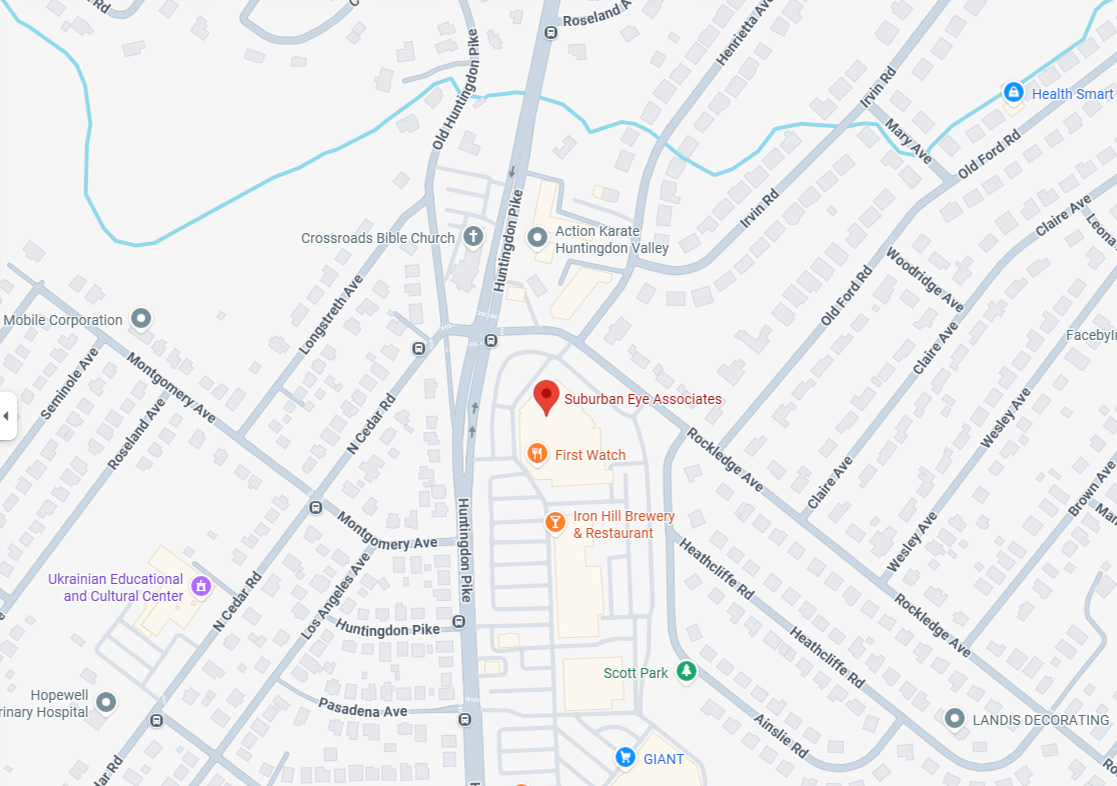IC Laser Eye Care
Enhance Your Eye Sight
Comprehensive Eye Care For The Whole Family
To ensure that quality care is always within reach, we proudly offer services at three convenient IC Laser Eye Care locations in Bensalem, PA, Philadelphia, PA, and Hamilton, NJ, as well as at Suburban Eye Associates in Huntingdon Valley, PA. Our skilled team is dedicated to providing outstanding eye care for patients of every age and committed to providing individualized treatment while utilizing the top techniques and state-of-the-art equipment to achieve that objective. We look forward to meeting and helping all of the patients in our care reach their vision and aesthetic goals. Book your appointment with us now.

IC Laser Eye Care and Suburban Eye Associates are proud to offer a full range of treatments to improve our patients’ eye health and enhance their appearance. With advanced therapies, like LASIK, laser acne treatment, laser cataract surgery, and IOLs, we can address several issues involving your vision, and with aesthetic treatments, like BOTOX® and microdermabrasion, we can even help you reach your beauty goals. To explore all the ways we can help you look and feel your best, browse our complete list of services below.

At IC Laser Eye Care and Suburban Eye Associates, our skilled professionals offer a variety of services, like contact lenses and eyeglasses, blepharoplasty, and BOTOX, and effectively diagnose and treat a wide array of visual health issues, including glaucoma, cataracts, and macular degeneration, to help our patients obtain optimal ocular health and wellness. With extensive knowledge and training in the latest treatments and technologies, we are ready to provide you with the top level of care that you desire and deserve.


Ophthalmology in Huntingdon Valley, PA
821 Huntingdon PikePhone: 215-379-2500
Mon, Thu: 9AM–1:30PM
Tue: 9AM–6PM
Wed: 9AM–4PM
Fri: 9 AM–12 PM
Sat, Sun: Closed

Ophthalmology in Bensalem, PA
3046 Knights RdPhone: 215-639-4500
Mon, Tue, Wed, Thu: 9AM–6PM
Fri: 9AM–5PM
Sat: 9AM–2PM
Sun: Closed

Ophthalmology in Hamilton Township, NJ
1725 Klockner RdPhone: 609-586-6700
Mon, Tue, Thu, Fri: 9AM–5PM
Wed: 9AM–12PM
Sat: 9AM–2PM
Sun: Closed

Ophthalmology in Philadelphia, PA
3232 Memphis StPhone: 215-291-2194
Mon, Tue, Wed, Thu, Fri: 9AM–5PM
Sat: 9AM–2PM
Sun: Closed

For routine visits we recommend yearly examinations. Many patients that we care for have eye diseases such as glaucoma, cataracts and macular degeneration that require more frequent visits to properly manage their diseases.
Yes, we do accept appointments at our office. In fact, we highly recommend that you schedule an appointment with us in advance to ensure that you receive the best possible care.
We accept checks, cash, credit cards, and most insurance plans. Contact our office so a member of our team can verify your insurance!
We are happy to offer a variety of services including:
Yes, we provide care for urgent eye issues such as sudden vision loss, eye injuries, flashes and floaters, or infections. If you are experiencing an eye emergency, please contact our office right away so we can guide you on the next steps.
